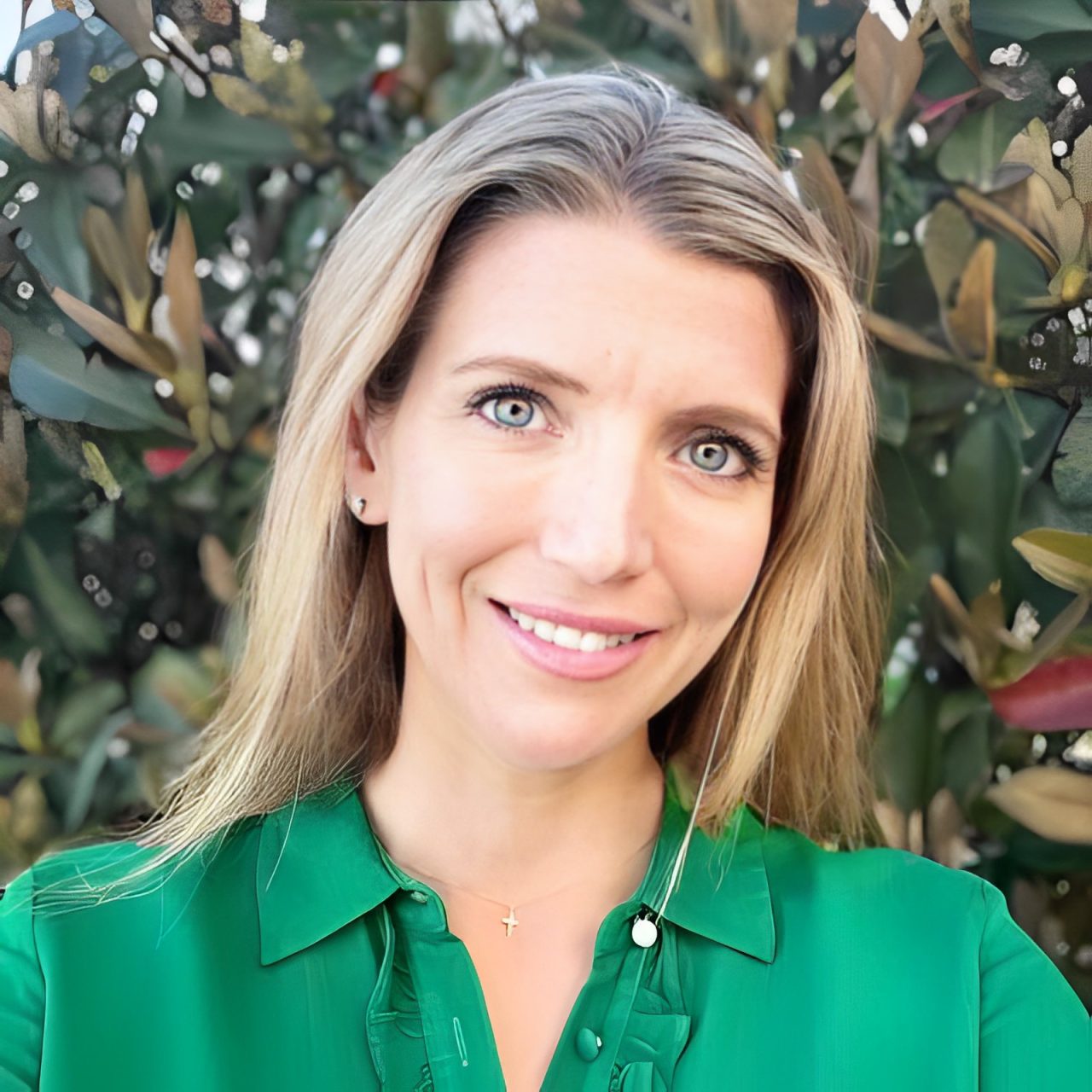
Emma B. Holliday: Some unsolicited advice for new radoncs
Emma B. Holliday, Radiation Oncologist at the University of Texas MD Anderson Cancer Center, made the following post on X:
“Happy July 1st to all the newly minted attendings!
Congrats on your graduation from residency. This is it! The last graduation.
This transition should come with a a handbook, but we’re each left to figure it out on our own.
May I offer some unsolicited advice for new radoncs?
- you probably don’t feel quite ready… and that’s ok. Hot take: it’s actually a good thing. There will be times in your first year(s) of practice when imposter’s syndrome will come knocking at your door. You’ll say to yourself- ‘I’m not worthy’……’I don’t know enough, I don’t have enough experience to give this patient the treatment they need and the care they deserve’.Just know that feeling is normal but the sentiment is objectively untrue! You’ve gained so much knowledge and skill during residency.
More importantly- you know where to find the answers that don’t come easily to the top of your mind.
My MDACC grads- y’all know you can always phone home to your fam for any question, big or small
I don’t worry about the new grads who have a little imposter’s syndrome.
I worry about those who don’t! Those who think they know it all- & who’s egos get in the way of the life-long learning it takes to stay at the top of our game.
Ask your favorite mentor- the one who seems like they have it all together. We’ve all had/have imposter’s syndrome
- There will be times you bring your work home with you.And I don’t mean notes or contours (although there will be times you bring that stuff home too.)
What I mean is- you will bring the emotional work home. This job is going to be heavy sometimes.
You will likely sometimes have persistent, sometimes intrusive thoughts about how your patients are doing.
For that patient having a hard time with side-effects: did I overcontour bc I wasn’t confident in the tumor anatomy? Was their a hotspot on the plan I didn’t notice?
For that patient with a local recurrence: did I miss something when I contoured? Was I watching the IGRT closely enough?
Would this have happened if my coworker/senior partner/boss were treating them?
Lean into these feelings- let them drive you to closely examine & learn.
Do due dligience- but usually you have done everything “right”. Treating patients with cancer is humbling in that sometimes we don’t have all the answers.
Allow yourself to learn but don’t let a bad outcome erode your ability to take excellent care of the next patient.
- For me at least- the emotional labor it takes to do this job well was the biggest source of potential burnout. Not the dumb rules about notes. Not the prior auth. Not the mandatory institutional trainings. (Although all those things suck too.)However- let me reassure you that caring this much is a priviledge. Thinking about your patients and their families when you are “off” means you are in the right line of work.That said- don’t be afraid to reach out & talk to someone if you feel overwhelmed.
Sometimes just saying those worries & fears out loud helps you process them.
Also- make sure you are taking time to fill your own cup too. You can’t bring you best to your patients unless you nurture what makes you… you.
So congrats to all the new radonc attendings out there- but especially our amazing MD Anderson Cancer Center class of 2024 –
Julius Weng, Kelsey Corrigan, Alison Yoder, Gohar Manzar, Lauren Andring, Chike Abana.
Much love!”
Source: Emma B. Holliday/X
